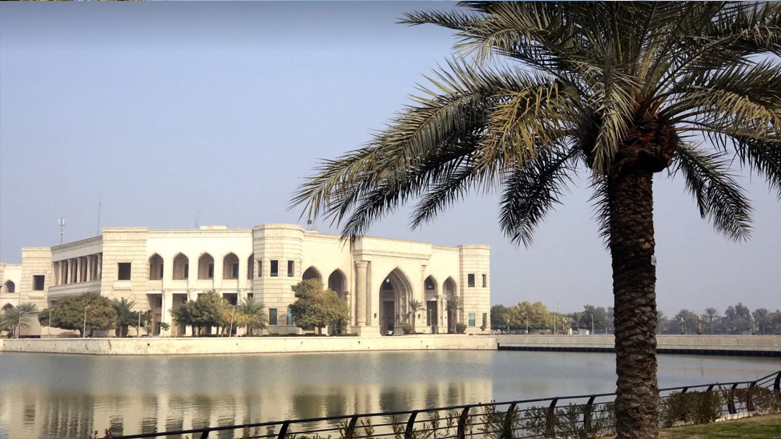'Iraq to turn former Saddam's palaces into museums:' official

ERBIL (Kurdistan 24) - The Iraqi State Board of Antiquities and Heritage (SBAH) on Wednesday announced that it put forward proposals to increase the number of museums in Iraq by using palace buildings previously owned by former Iraqi dictator Saddam Hussein.
"The Iraqi Museum, established in 1966, is one of the most important museums in the region" but cannot hold any additional artifacts, the head of the board Laith Majid Hussein told Iraqi News Agency.
Hussein emphasized that Iraq needs more museums to accommodate and display the thousands of available and newly-discovered historical artifacts to the public. He pointed out that while Iraqi and foreign missions continue to find archaeological objects, there is no longer enough room for them in the Iraq Museum.
"The board has submitted requests to convert Saddam's former palaces into museums and is awaiting approvals, especially since many palaces in the capital, Baghdad, can be exploited and rehabilitated to become museums," Hussein revealed.
He emphasized "the necessity of having a museum in every governorate," citing the example of Basra, where one of Saddam's former palaces was repurposed into a museum "in addition to the Nasiriyah Museum and the Maysan Museum, which will be opened soon."
"The presidential palace in Babylon will also be rehabilitated to become a large museum in the future," he added.
SBAH manages the national heritage sites and national museums of Iraq and has been known as one of the finest institutions for archaeology and cultural heritage in the Middle East. Its members have collaborated with international institutions and major national projects for many decades and continue this tradition of cooperation with public and private institutions.
The Iraq Museum's holdings, featuring over two million artifacts, are considered among the most important in the world. The museum has traditionally exhibited vast collections from various parts of the multi-millennia history of Mesopotamia throughout its 28 galleries. The Archaeological Museum was established with the help of the British scholar Gertrude Bell in 1926 and had its first Iraqi director in 1933.
